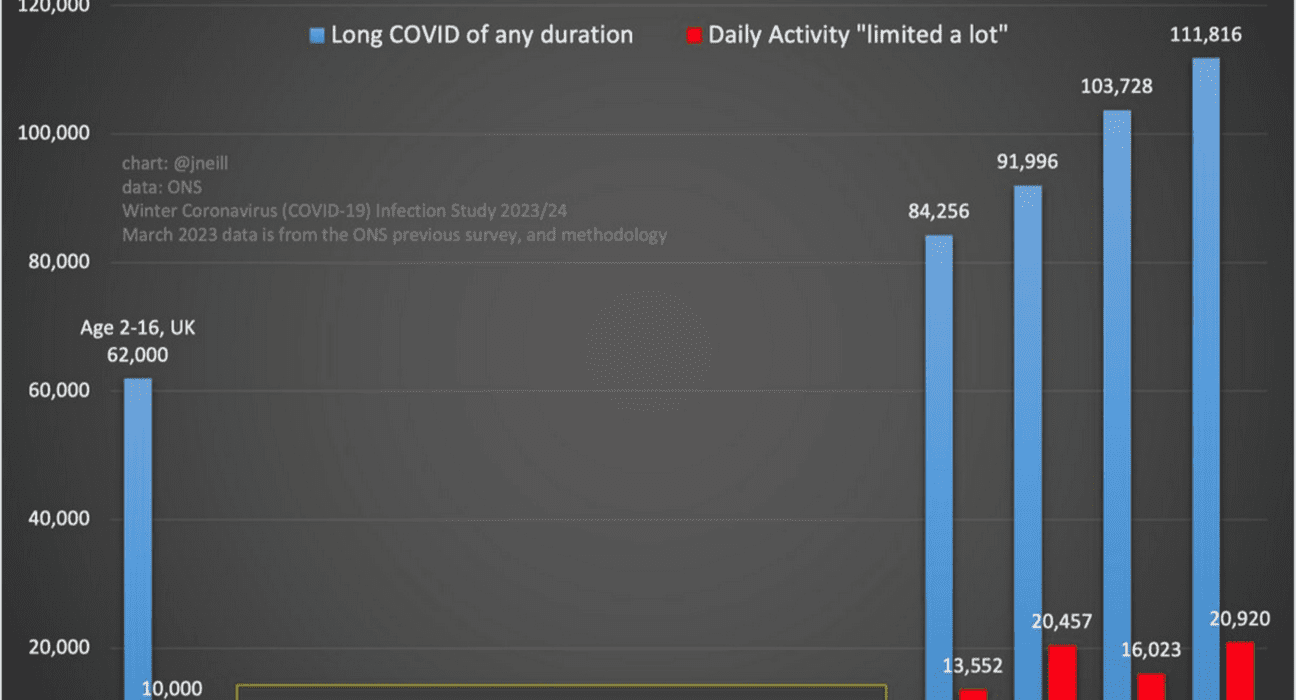Overview
The article “Self-reported Coronavirus (COVID-19) Infections and Associated Symptoms, England and Scotland: November 2023 to March 2024” delves into the trends of self-reported COVID-19 symptoms and associated risk factors. It analyzes data from the Winter Coronavirus Infection Study, highlighting the prevalence of ongoing symptoms, risk factors for positive COVID-19 tests, and the impact of demographic factors on symptom reporting. The study ran from November 2023 to March 2024, utilizing a longitudinal panel survey approach with participants undergoing COVID-19 tests every four weeks.
Main Points
- Older and younger age groups showed lower COVID-19 positivity rates.
- Runny nose was the most common symptom among those testing positive.
- Long COVID symptoms persisted for over two years in many cases.
- Age influenced symptom reporting, with the 35 to 44 age group reporting symptoms most frequently.
- Discrepancies in symptom reporting between studies suggest variations in disease profiles or methodologies.
The study contributes valuable information on the prevalence and persistence of COVID-19 symptoms, emphasizing the importance of understanding demographic influences on symptom reporting for effective public health interventions.
References
- https://www.ons.gov.uk/peoplepopulationandcommunity/healthandsocialcare/conditionsanddiseases/articles/selfreportedcoronaviruscovid19infectionsandassociatedsymptomsenglandandscotland/november2023tomarch2024
- Office for National Statistics (ONS), released 25 April 2024, ONS website, article, Self-reported coronavirus
- (COVID-19) infections and associated symptoms, England and Scotland: November 2023 to March 2024
- Winter Coronavirus (COVID-19) Infection Study
- Coronavirus (COVID-19) Infection Survey, UK
- Prevalence of ongoing symptoms following COVID-19 infection in the UK








